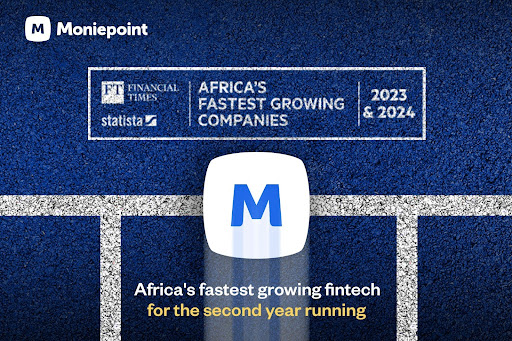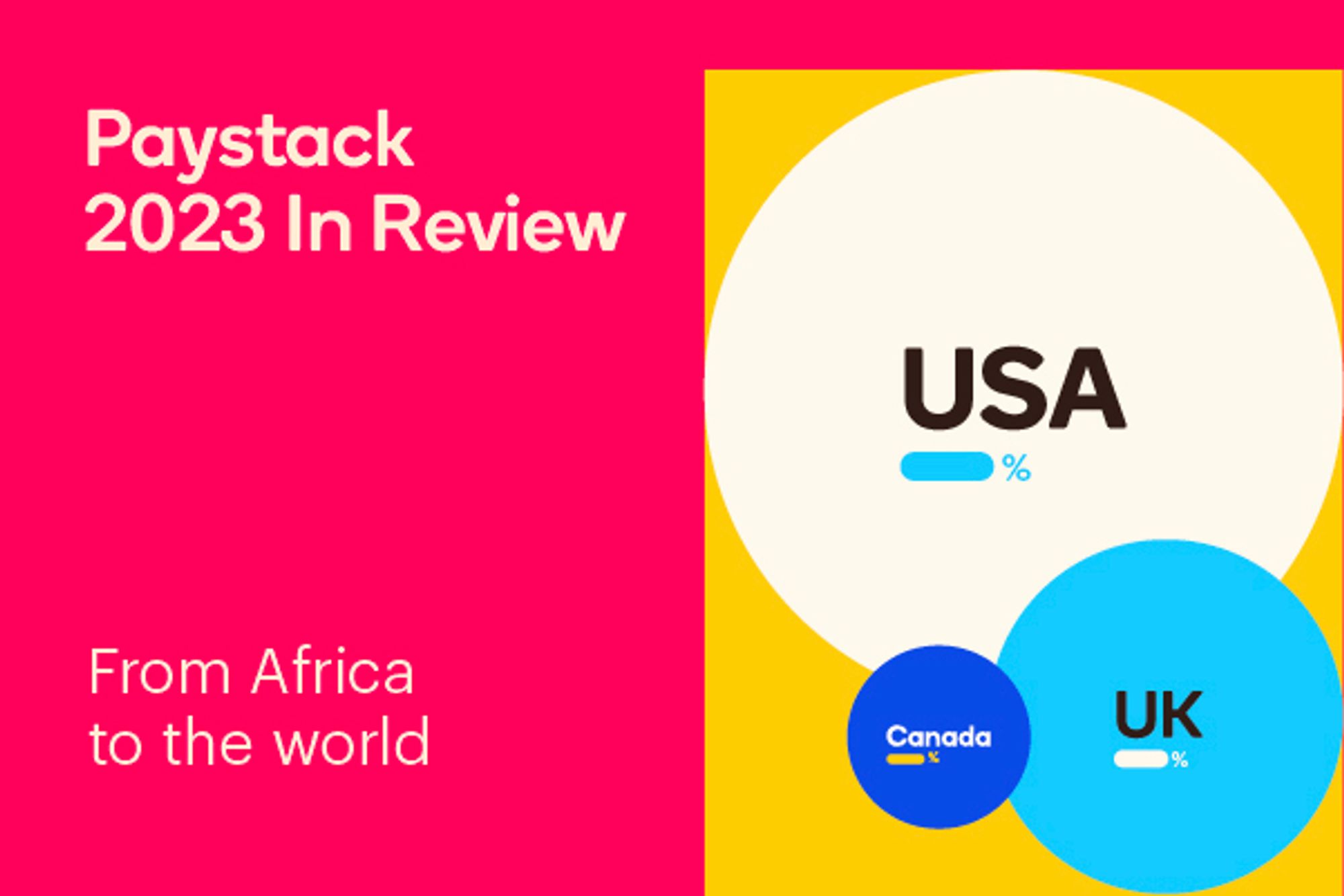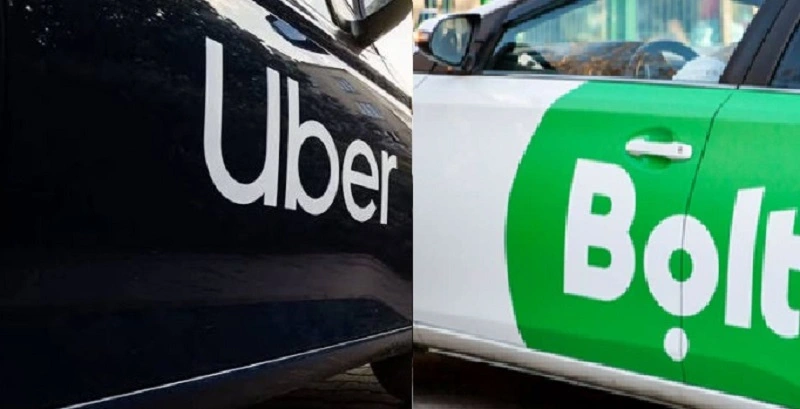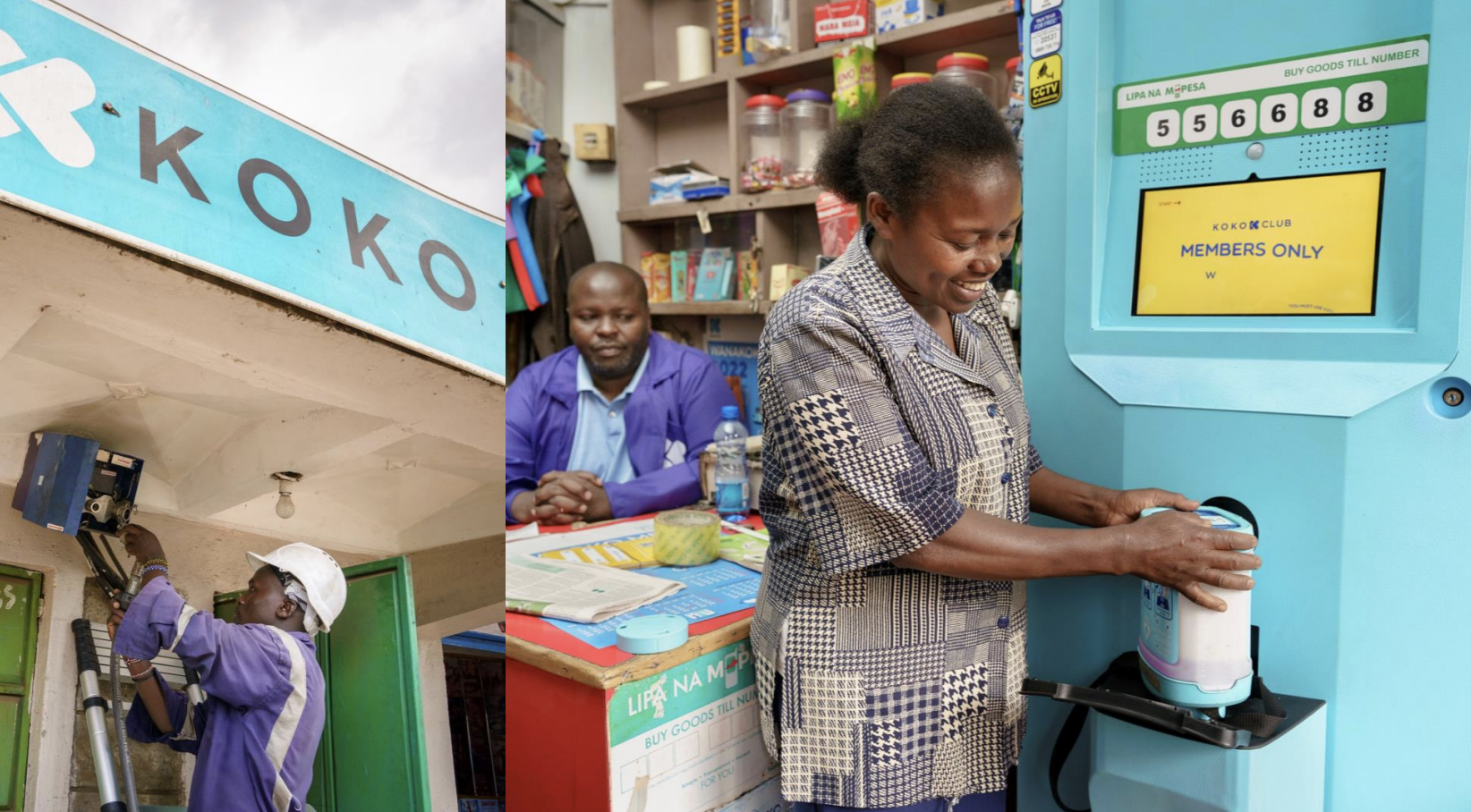

Good morning ☀️
This is our last call for reviews on TC Daily. Before you take the long weekend off, please take one minute to fill our survey and let us know what you think.
We’ll be writing to you all through Eid so you don’t miss a thing.
South African ride-hailing services must now apply for licences
In 2022, e-hailing drivers across South Africa embarked on many a strike actions as their vehicles faced impoundment for lack of permits. At the time, over 2,000 vehicles were impounded in just one year. This year, 6,000 drivers were booted from Bolt for misconduct.
When issues like these arise, e-hailing services are always quick to distance themselves from their drivers. In Kenya and Nigeria, for example, the companies have called the drivers contractors and not “employees” to escape vicarious liability.
These e-hailing apps may no longer have this get-away excuse in South Africa as the country has now amended its land transportation act, and it does come with a fair bit of turbulence for e-hailing operators.
The obvious road is clear: e-hailing operators in the country must now apply for licences to operate in South Africa. The amended Act, signed into law by President Cyril Ramaphosa, simplifies the process for ride-hailing companies to operate legally. Up until now, they had to follow rules and obtain permits meant for different types of transportation: charter permits (typically for large buses) and meter taxi licenses (for traditional taxis).
However, a larger roadblock is the requirement for these licences. E-hailing services must ensure that drivers on their platforms have the appropriate licences while on their platform. They must also “disconnect the e-hailing application” once they discover any driver is operating without the necessary permits. If these providers fail to comply, they could face fines of up to R100,000 ($5,428).
With this, the government is foisting the responsibility of verification and adherence on e-hailing apps. If drivers on their platforms are caught without permits, the drivers will pay fines and so will the e-hailing providers.
The signed and amended Act is not yet public, but the bill to amend is. It remains to be seen when the amendments will be enforced on e-hailing operators.
Moniepoint is Africa’s fastest-growing fintech

The Financial Times has ranked Moniepoint as Africa’s fastest-growing fintech based on its absolute and compound growth rate. Read more about it here.
Meta reduces Lagos office space after global layoffs
Meta, the parent company of Facebook, WhatsApp and Instagram is set to reduce its office space in Lagos after global layoffs affected the workforce of its Nigerian office.
As the social media giant reevaluates its tenancy agreement for office space in the 15-story Kings Tower building in Ikoyi, where the asking rent is $800 per sqm and hosts offices of Flutterwave and Microsoft, one would wonder if these are signs of Meta leaving Nigeria.
However, the renegotiation of its tenancy agreement to reduce its office space is directly linked to the company’s global layoffs which happened in 2023 and affected at least 35 employees per a report by TechCabal.
“It is a remarkable about-face for a company that has consistently invested in Nigeria and has spoken about prioritising the West African nation. In March 2024, Nick Clegg, Meta’s President of Global Affairs visited Nigeria and announced the company would begin offering monetisation to creators in Q3 2024. During his visit, he spoke about the recognition Nigerian creators have garnered globally and their use of Meta’s platforms to build communities. Per Statista data, there are an estimated 43 million Facebook users in Nigeria,” Frank Eleanya wrote for TechCabal.
Despite office space reduction plans, Meta does not want anyone to think it is reducing its presence or commitment in Nigeria.
“We regularly review our office spaces to ensure they suit the needs of the business, and the office in Nigeria is no different. As we shrink our real estate footprint, we’re transitioning to desk sharing for people who already spend most of their time outside the office,” Meta said in a statement.
So far, Meta is the second big tech company that is visibly reducing its operation scale in the country after Microsoft, in May 2024, closed its African Development Centre, and announced layoffs for its entire engineering team in the country.
MTN Uganda unsold share sale sees oversubscription
When MTN Uganda launched on the Uganda stock exchange in 2021, it was a mixed bag. The listing raised the biggest capital—$4.43 billion—in the bourse’s 24 year-history.
However, the IPO listing was also the first undersubscribed round in USE’s history, as the telecom failed to sell every portion of its shares allotted to local investors. Ugandan regulation mandated the telecom to sell 20% of its shares to local investors, but the telecom only managed to sell 13% of the shares.
In May this year, the telecom sought to fix that. It announced the sale of its remaining shares from the 2021 listing, offering over 1 billion ordinary shares on the Ugandan bourse. MTN gave a 14-day window—May 27 and June 10— for the sale of the shares.
Well, the results are out, and it’s all positive for the telecom.
An oversubscribed round: While MTN offered 1.6 billion shares for sale, it received applications for 3 billion shares. The announcement of the results also meant that MTN has resumed trading in its stock, which it briefly suspended due to the sale of its shares.
Investors in MTN Uganda are in for a good ride, as the telecom, with a subscriber base of about 15 million, has seen continuous revenue growth and high-profit margins, translating to huge dividends
If you’re in Uganda and you missed out on the deal, better luck next time!
Issue USD and Euro accounts with Fincra

Create and manage USD & Euro accounts from anywhere. Fincra allows you to issue accounts to your users, partners & customers to collect payments without the stress of setting up and operating a local account. Get started today.
BlackRock’s iShares ETF to exit Nigeria, Kenya
Earlier this month, Kimberly Clark, an American multinational that manufactures Huggies diapers, said it was closing shop in Africa’s most populous country. Before that, Diageo and Kimberly Clark, Germany’s drug maker Bayer, and French vaccines manufacturer Sanofi, also exited the country.
These multinationals have all exited Nigeria on the same premise: macroeconomic conditions in the West African country no longer support their business growth. While these problems persist with no solution in sight, more and more multinationals are increasingly joining the exodus.
Yesterday, TechCabal reported that “BlackRock, the world’s largest asset manager, will close iShares Frontier, a $400 million ETF that invests in frontier and select emerging markets equities, including Nigeria and Kenya.
The fund will sell its assets in all markets and hold the proceeds in cash and cash equivalents during the extended liquidation period. iShares has already liquidated its $5.2 million investment in Kenyan companies, including Safaricom, $2.8 million; Equity Group, $1.5 million; and KCB Group, $885,000.
The news comes after Meta, the parent company of Facebook, Instagram, and WhatsApp, said it was reviewing its tenancy agreement after a job cut that affected its Nigerian engineers meant that it needed less office space in the 15-story Kings Tower building in Ikoyi, Lagos.
Frank wrote all about it here.
Paystack by the numbers

In 2023, buyers from how many countries outside Africa paid a Paystack merchant for goods and services? Find the answer here 👉🏾 paystack.com/2023
Funding tracker
This week, Egypt-based fintech startup Sahl raised $6 million in Series A and seed funding. Ayady for Investment and Development led the Series A round, joining existing investors Egypt Pay, Delta Electronic Systems, and E-Finance on the cap table. (June 12)
Here’s the other deal for the week:
- Zuri, a tech-enabled beauty company from Uganda, received an undisclosed investment from Renew Capital. (June 12)
- Egypt-based podcast production company The Potcast Productions Company (TPP) closed an undisclosed pre-seed funding round with strategic investments from Innovative Media Productions (IMP) and investor Ahmed Tarek Khalil. (June 11)
- i’SUPPLY, an Egypt-based B2B healthtech company, raised an undisclosed pre-Series A funding round. Disruptech Ventures led the funding round, with participation from OneStop Capital, Axian Investment CVC, Egypt Ventures, and several other investors. (June 11)
Follow us on Twitter, Instagram, and LinkedIn for more funding announcements. Before you go, our 2024 Nigerian Payments Report is out. Click this link to download it.
- Big Cabal Media – Senior Video Producer, Deputy Editor (Zikoko), Event Production Assistant, Client Account Manager – Nigeria
- TechCabal – Features Writer, Features Director – Africa
- Leadway Assurance – Relationship Officer – Lagos, Nigeria
- Kuda Bank– Content Writer – Lagos, Nigeria
- Quidax – Market Operations Intern, Revenue Assurance Analyst – Lagos, Nigeria
- Carry1st – Growth Manager – Lagos, Nigeria
- Bumpa – Senior Mobile Engineer, Senior Backend Engineer – Nigeria (Remote)
- Comiblock – SEO Specialist, Data Engineer, Machine Learning Engineer – Lagos, Nigeria
Here’s what we’ve got our eyes on
- World Bank approves $2.25 billion financial support for Nigeria
- “We only planned to increase prices once in 2023,” MultiChoice CEO claims
- LegitCar Africa launches LegitCar Business for businesses and enterprise users
- South Africa’s Standard Bank to fund $5 billion Uganda-Tanzania oil pipeline despite environmental concerns
- YC-backed Prospa is unable to process withdrawals for the second time in 5 months
Written by: Faith Omoniyi & Towobola Bamgbose
Edited by: Timi Odueso & Muyiwa Olowogboyega
Want more of TechCabal? Sign up for our insightful newsletters on the business and economy of tech in Africa.
- The Next Wave: futuristic analysis of the business of tech in Africa.
- Entering Tech: tech career insights and opportunities in your inbox every Wednesday at 3 PM WAT.
- TC Scoops: breaking news from TechCabal
P:S If you’re often missing TC Daily in your inbox, check your Promotions folder and move any edition of TC Daily from “Promotions” to your “Main” or “Primary” folder and TC Daily will always come to you.

























